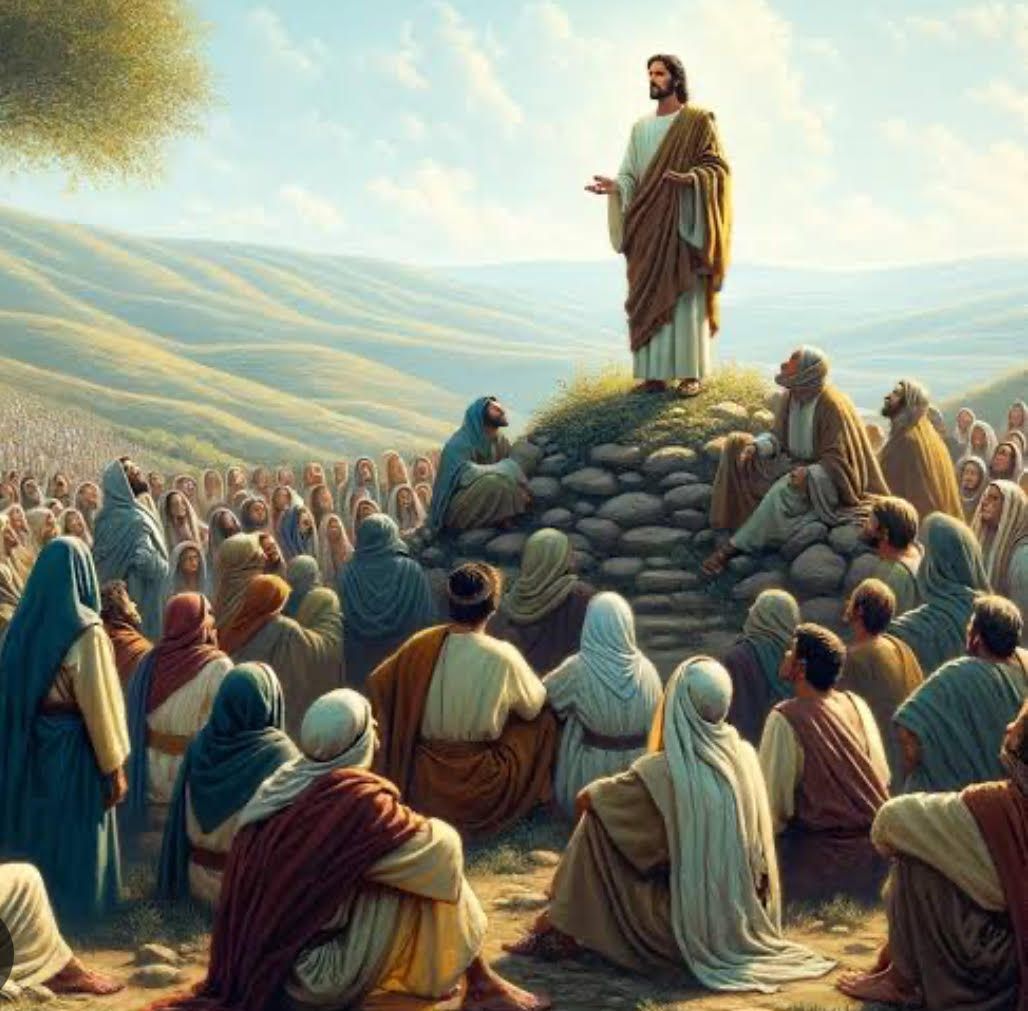6th Sunday in Ordinary Time - Year C
February 14, 2025
Gospel Reflection
Luke 6:17, 20-26

Both St Luke and St Matthew have included in their Gospels some sayings of Our Lord
which are known to us as the Beatitudes. There are some differences in the two accounts so we are not sure if they refer to the exact same occasion. It is quite possible and even likely that Jesus would repeat certain teachings a good number of times, in slightly different ways. St Luke’s rendering is more simple in wording, whereas St Matthew seems more careful to capture the sense in which Jesus spoke about “being poor”, “being hungry”, “weeping” etc.
The fact is, for instance, that Our Lord could not have meant that the mere fact of being poor would result in a person being blessed. Matthew makes this clear by recording Jesus as saying “Blessed are the poor in spirit.” These are persons who may or may not be actually poor, but know how to live as if they were. That is, they are not focused primarily on their possessions, and they are ready to do without them. They understand that there is something much more important that gives meaning to their lives., namely a loving relationship with God.
Similarly, whereas Luke writes that Jesus said, “Blessed are those who hunger”, Matthew
wants us to understand that Jesus was not referring to physical hunger due to want of food, but rather to a hunger for holiness and justice. If both are referring to the same occasion, then it is possible that Luke is giving us the actual brief manner in which Our Lord put things to the crowds in a parable, whereas St Matthew is making sure we capture the meaning. Or he is giving us the way in which Jesus later made things more explicit to his disciples.
These brief statements of Christ would have perplexed or even shocked many of those among the crowds of more casual listeners. It was not uncommon to think then, as it is now, that prosperity and comfort, the opportunity for much leisure and pleasures were the necessary makings of a happy life. Some would have even identified this with divine favour or blessedness.
It is true that God can sometimes bless us with some kinds of human success, and that living by the commandments can, in the long run, result in some material advantages. But this is not a hard and fast rule.
On the other hand, people are sometimes discouraged by the observation that many of those who defy the commandments appear to do well, in human terms. What is not usually taken into account, in such cases, is what wrongful behaviour does to a person’s inner life and therefore to their capacity for sincere love and for joy.
Jesus breaks through the deceptions of these views of “the happy life” to show what is the
way he has opened up to eternal life and joy. It is the way of the Cross. It is the way of self-
giving to God and to others. It is the way of standing by the truth that we are creatures of God who owe Him our love and obedience—for He is Goodness itself and the origin of all that is good.


